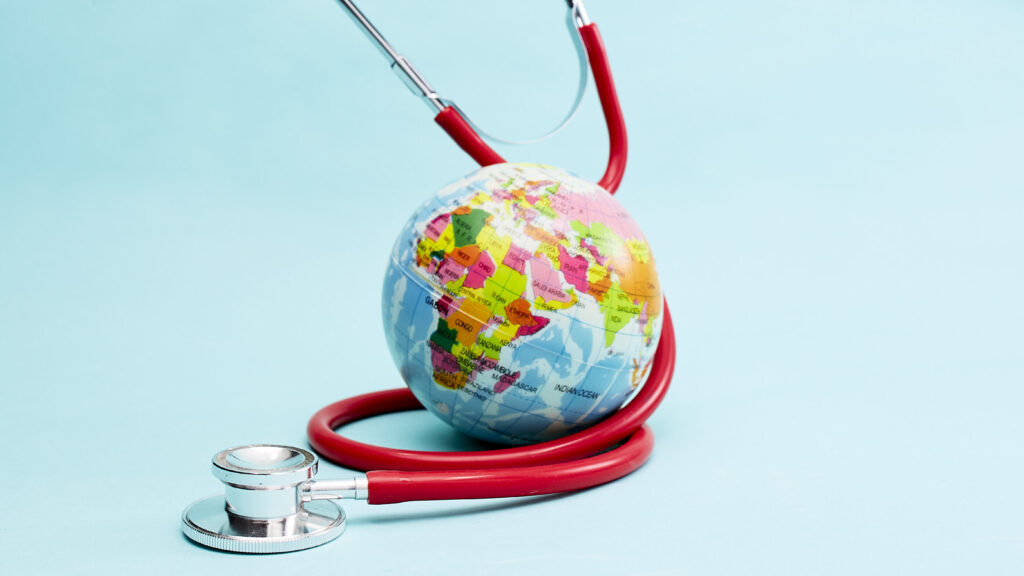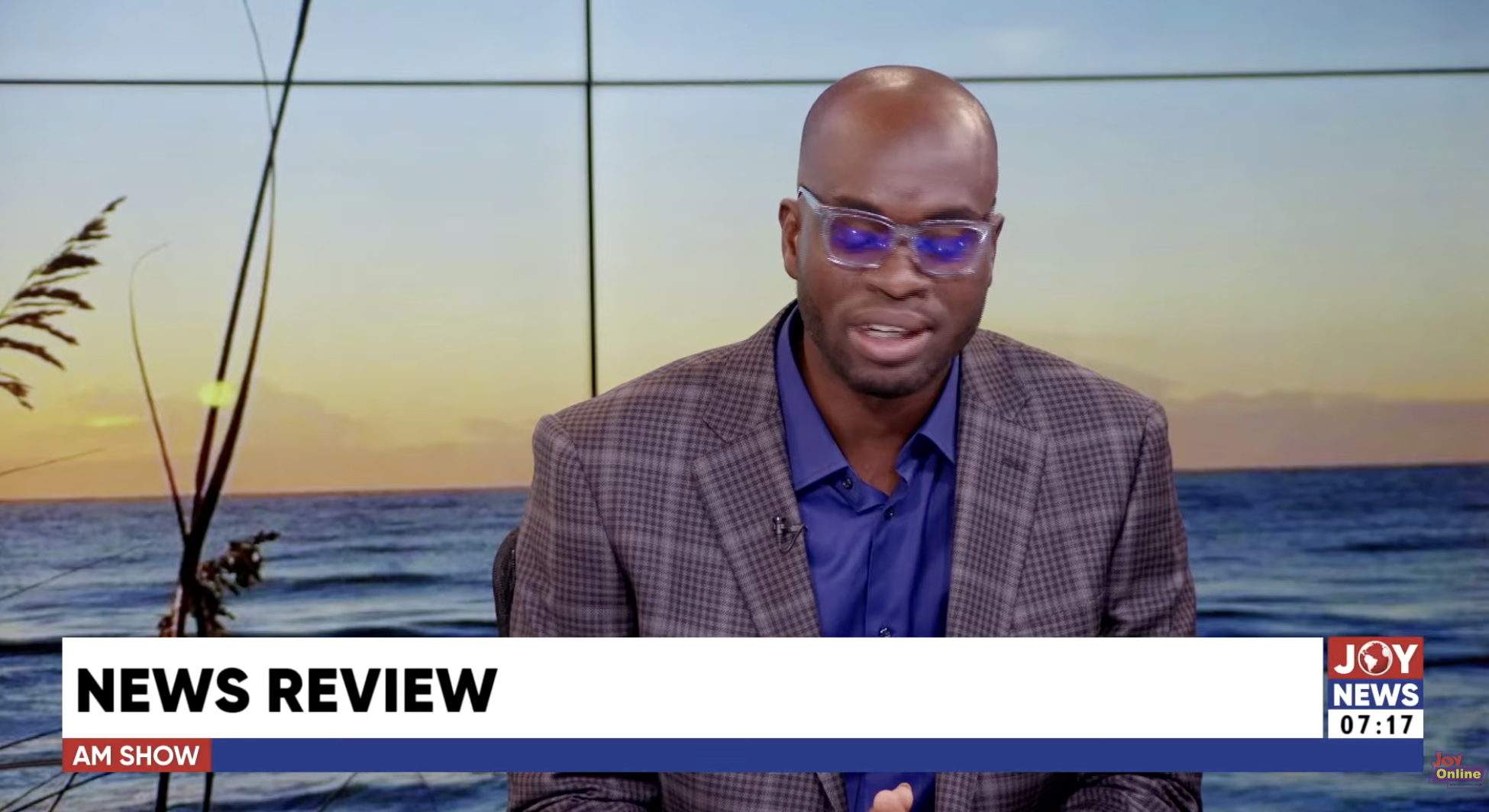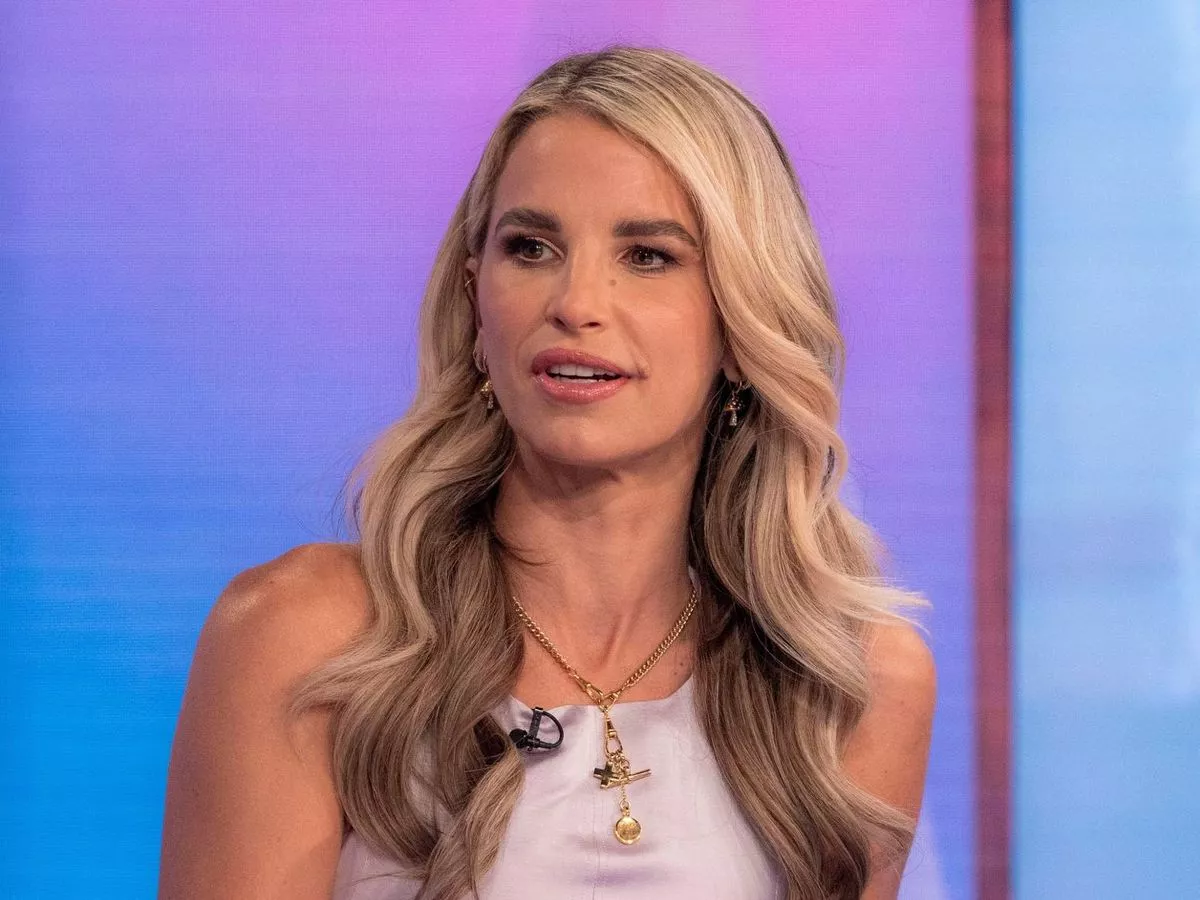Copyright STAT

At the World Health Summit in Berlin earlier this month, I was pleased to hear discussions highlighting the crucial role of health initiatives in overall global security. This is hardly a new topic, but it’s increasingly relevant. The risks from natural, accidental, and deliberate spread of infectious agents are escalating and with advances in synthetic biology and artificial intelligence, outbreaks have the potential to be far more lethal. Strong, well-functioning health systems that improve people’s health and help prevent outbreaks of emerging new infectious diseases are as vital to global security as advanced weaponry, military strategy, and intelligence. Advertisement It’s a message I delivered several times over the years at the most important annual forum on global security: the Munich Security Conference, which draws heads of state, military leaders, security experts and intelligence chiefs to share ideas about how to keep the world safe from emerging threats. While I was always grateful to be invited, I also felt like a bit of an outsider at these gatherings. Despite understanding from attendees, biosecurity rarely topped the agenda, except briefly in early 2020 in the lead up to the lockdown. Notably, infectious disease only became the top risk in the World Economic Forum’s risk registry in 2021, during the Covid pandemic’s peak. Likewise, a casual survey of most media coverage about “global security” shows a disproportionate focus on the military and intelligence sectors, often neglecting global health security — which is seen as a separate domain reported on by global health journalists. More Americans, however, died from Covid-19 than from military causalities in all U.S. wars since the Civil War. Advertisement Until global health initiatives are universally viewed as indispensable elements of global security, they will struggle for even a fraction of the resources that currently go to “strategic” or “hard power” assets, receiving much less than they need to truly succeed. Otherwise, the goal of “global security” will always be elusive. It’s especially important that we make this case at a moment when the U.S. government is carrying out a large-scale abandonment of its historically strong support for global health initiatives and dismantling what is indisputably the biggest and most effective public health and medical research system in the world. According to the Institute for Health Metrics and Evaluation, the U.S. is slashing global health spending by more than $9 billion, or about 67%, in 2025 alone. Substantial reductions from other donors are making matters worse, including: the United Kingdom (a cut of $796 million, or 39%), France ($555 million, 33%) and Germany ($304.5 million, 12%). Domestically, the cuts are also severe. As has been widely reported, especially here at STAT, the current administration has imposed deep and damaging reductions in funding to the National Institutes of Health, the Centers for Disease Control, and the Food and Drug Administration. Mass layoffs of highly qualified experts at these storied agencies has undermined their longtime prowess, demoralized remaining staff, and set off a brain drain that could hobble America’s public health progress for years to come. Among the casualties is the CDC’s Global Health Center, which has for years helped dozens of low- and middle-income countries build stronger health systems by training experts to monitor, identify, and respond to disease outbreaks and coordinate with other countries around various health crises. These countries constitute a dedicated security force, fighting in the trenches against diseases like polio, measles, HIV, tuberculosis, bacterial infections resistant to multiple antibiotics, and neglected tropical diseases. They are quite literally protecting Americans and others by doing hard work of keeping these health threats at bay. Advertisement The White House, in its funding request to Congress for fiscal year 2026, has also called for large reductions to the Biomedical Advanced Research and Development Authority, which helps develop vaccines and other medical interventions to prevent a health crisis like Covid. Also in August, the administration announced the cancellation of 22 awarded contracts worth about $500 million in funding for research into mRNA technologies — despite its success in rapidly developing Covid-19 vaccines in a record 327 days. In addition to an earlier withdrawal of a nearly $600 million contract to create mRNA H5N1 avian flu vaccines, this move needlessly and inexplicably deprives us of the equivalent of a cutting-edge weapon system. Fortunately, according to reports, the Department of Defense will resume some of the previously canceled mRNA research. In June, the administration assigned Health and Human Services Secretary Robert F. Kennedy Jr. to announce at the replenishment conference for Gavi, the Vaccine Alliance that the U.S. was reneging on its five-year, $1.5 billion pledge. His reason was (unproven and poorly defined) concerns about the safety record of one of the vaccines Gavi provides to the world’s poorest children. That represents a big hit to the Alliance’s capacity to provide vaccines to the poorest countries, and it will weaken defenses against infectious disease outbreaks. And let us not forget that this administration, from its very first day in office, announced U.S. withdrawal from and defunding of the World Health Organization, which plays an irreplaceable role in coordinating global health strategies around the globe and responding to health crises. Domestically, Kennedy has willfully misled the public about the value and safety of vaccines, the backbone of any country’s health security, and enlisted unqualified vaccine skeptics to upend the nation’s proven immunization policies. Meanwhile, measles is tearing through dozens of states at the highest level of incidence (more than 1,600 cases at this writing) since the disease was eliminated in the U.S. in 2000. Kennedy has downplayed the outbreak’s seriousness, recommending dubious alternative therapies and offering ambiguous and confusing comments about the MMR vaccine, which is exceedingly effective in protecting children from this and other highly contagious diseases. Advertisement No wonder that, in early October, six former surgeons general, who collectively served under both Republican and Democratic presidents, published a remarkable and unprecedented statement in the Washington Post declaring that Kennedy’s actions are “endangering the health of the nation.” In contrast to this deliberate retreat from lifesaving global and domestic health programs, the current U.S. administration is on track to increase military spending in fiscal year 2026 to about a trillion dollars, about 12% more than the previous year’s budget. That’s an extension of a trajectory we’re seeing among NATO allies as well. I’m certainly not qualified to say whether hikes in military spending are warranted, though they are understandably driven in part by the continuing war in Ukraine and concerns about America’s wavering commitment to NATO. Earlier this year, U.K. Prime Minister Keir Starmer regretfully announced that his government would make cuts to its foreign development assistance to make room for increases in military spending. At least he said it out loud. But I can say that cutting our support for global health needs in favor of more military spending is a false choice. If we truly want “global security,” we must invest in health as seriously as we do in the military – and not just when the crisis is burning at its brightest but also in times of relative stability and peace. We must commit to a proven bulwark against a variety of threats that can, at the very least, impose a drag on a country’s (and, by extension, our own) economic and social progress and, at worst, cut a wide and catastrophic swath of serious illness and death across the globe. It’s hard to know what will persuade the current U.S. administration to abandon its current dismantlement of domestic and global health programs. But if one of its priorities is the security of the American people, it could be receptive to the argument that there is no global security without global health security. Advertisement



